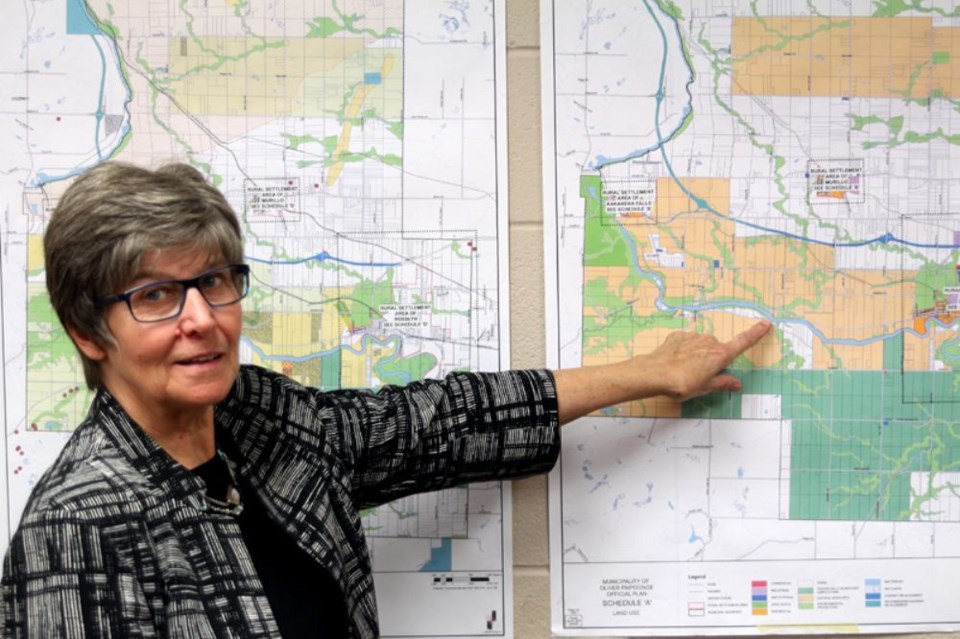THUNDER BAY -- The province will not resist a move to expand the number of seats at the Thunder Bay District Social Services Administration Board (DSSAB) that will give a greater voice to rural municipalities surrounding Thunder Bay.
A written statement from Minister of Community and Social Services Helena Jaczek says she will sign an order to add two seats at the DSSAB for Area One communities "as soon as possible."
The district's municipalities have voted to support the expansion but the District Services Act requires ministerial approval to make structural changes.
Two new seats around the board table will accommodate the Area One communities of Conmee, Gillies, O'Connor, Oliver-Paipoonge, Neebing, and Shuniah.
Area One taxpayers contribute 9.6 per cent of funds to the district's municipal share of social services and housing programs but only one of the communities is represented on the board at any time on a two-year cycle, meaning each of them is represented for only two of every 12 years.
Thunder Bay currently holds half the DSSAB's 12 seats and pays 72 per cent of its shared municipal cost.
Shuniah Mayor Wendy Landry began her term as Area One representative on Jan. 1. She said Area One communities have yet to discuss how the two new seats would be shared but she hopes population and property values are given weight in the decision, as her community contributes $900,000 to the DSSAB annually.
"I'd advocate Shuniah have one of those permanent seats," Landry said.
"I think justifying it according to levy, according to population, maybe the higher communities have higher levies and the others rotate but I'm not sure if the others will be OK with that."
Oliver-Paipoonge Mayor Lucy Kloosterhuis held the seat from 2014 to 2016 and had advocated three more votes be committed to Area One before the board found a compromise on two seats. .
"We may not have gotten everything we wanted but we're willing to start working to make things better for everyone, not just for Area One but for the North Shore, the city of Thunder Bay and for us," she said.
Kloosterhuis compared the plight of rural communities surrounding Thunder Bay to the regional alienation sentiment across the region when attempting to access the halls of provincial power.
"We have the water producing hydro, we have forestry, we have the minerals. We provide all these funds into the coffers of Ontario but Ontario seems to think they don't have to think too much about what our concerns are because we don't have the population," she said.
"Well, that is unfortuantely exactly the same thing. Yes, the city might have thought we were kind of a pain because we wouldn't let go but I don't feel Northwestern Ontario should let go either.
"I think we should continue to fight Southern Ontario and the province and say, 'listen to us, we're here. Pay attention. Give us a voice.'"
